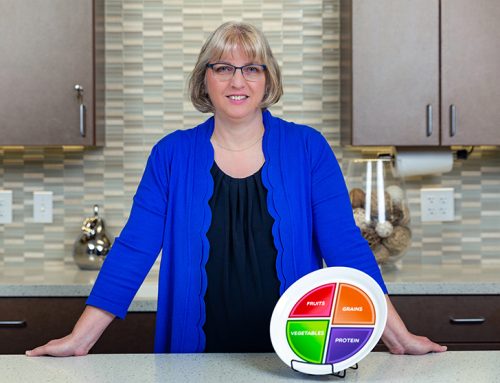The Connection between Your Teeth and Ticker
By Alvin Matthews, DDS, JD, Delta Dental of Arizona
Photo by Ryan ‘O’ Niel on Unsplash
Many know there is a direct connection between what we put into our mouths and our heart health. But did you know that the health of your mouth is directly connected to heart health?
Researchers have found that people with gum disease are roughly twice as likely to have coronary artery disease, the most common type of heart disease in the United States. One theory as to why is that bacteria from diseased gums enter the bloodstream and once in the blood, the bacteria may attach to fatty plaques in the heart’s blood vessels. In turn, this may contribute to clot formation, potentially leading to a heart attack. Another theory points to the inflammation associated with gum disease as a possible culprit.
So, what is gum disease? Gum disease, which affects the tissues that surround and support teeth, is an infection caused by a sticky film of bacteria called plaque that forms on the teeth, mainly along the gum line. In its early stages (called gingivitis), gum disease can be treated and often reversed.
In observance of American Heart Month, here are some easy ways to help keep your mouth and heart healthy at the same time:
- Brush your teeth with fluoride toothpaste at least twice a day, but make sure you brush gently beneath the gum line around each tooth.
- Floss at least once a day—twice is better!
- Eat a healthy diet and don’t use tobacco. If you smoke, quit. Your dentist may be able to help you stop.
- Schedule regular dental checkups and cleanings—yes, even during the pandemic.
Dental offices have taken universal precautions since the 1980s to protect patients and continue to take these measures—in addition to others adopted more recently amid the pandemic—to ensure the safety of the patient and the office employees.
Prior to and on the day of your dental appointment, you may be asked screening questions to ensure that you do not have any COVID-19 symptoms. Your temperature may be taken upon entry to the office and you’ll likely be asked to wear a mask. In some offices, plexiglass may also separate you from front desk employees. Everything in the office will be hospital-grade sterilized and during your appointment, staff will likely be wearing face shields and masks. Your dentist or hygienist may also modify your dental treatment to reduce the amounts of aerosols created.
If you are still unsure about attending a dental appointment at this time and do not have gum disease or other pressing dental issues that should be addressed in person, teledentistry could be an option for you as well. Through a video chat, dentists provide consultations and determine if in-office follow-up is necessary.
For more tips on keeping your smile healthy, visit www.deltadentalazblog.com.
Dr. Alvin Matthews has practiced dentistry in Arizona for more than 20 years and serves on the Delta Dental of Arizona Board of Directors.




